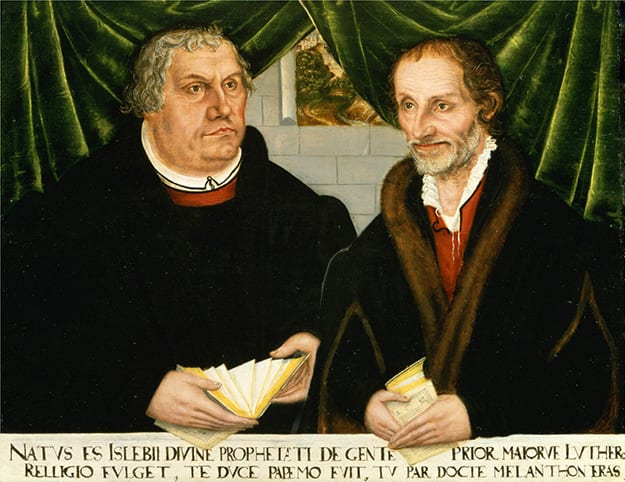Ask Dr. Swindoll: Are Relationships Important for Reformation and Change?

Several times a year, Dr. Swindoll preaches in chapel at DTS and engages in a question-and-answer time with prospective students. Here are some of the questions he answered recently.
Why did you choose DTS?
I chose DTS because I had been influenced by several individuals in my early walk with Christ and to my amazement, at that time, they all studied here. There were also books I had read, written by professors and pastors who had studied here.
Cynthia and I had also attended a conference or two and the speaker who spoke and connected with us most significantly was, again, a DTS grad. They all had the same characteristic—they all had different personalities, but they all found the source of their message from Scripture. Although they could have carried the message with their personalities, they did not rely on themselves. They turned everyone’s attention to the Bible. I think that’s very important and very rare in this day in which we live.
Do you think it’s possible for a person to lead on their own? Are relationships that important for reformation and change?
Leaders need others. They need people—especially those who don’t mind working inconspicuously. Take Martin Luther for instance. Behind his massive personality, hidden from public view, was a real hero—an intellectual of the Reformation. To this day, most Christians don’t know his name, let alone know how to spell it.
Philip Melanchthon worked quietly alongside his friend Martin Luther. Melanchthon exerted the most powerful influence over Luther when the spokesman carried the torch and shook it in the face of the Pope.
Did you know Melanchthon pioneered the first Protestant edition of systematic theology? He was the genius of the educational systems of Europe and is known as “the father of modern scholarship.” During his generation, his knowledge of the New Testament Greek was unsurpassed by any scholar in all of Europe. Luther needed such a friend! He consulted Melanchthon on difficult passages of Scripture so often, Luther’s translation was more a team effort rather than an individual achievement.
While Luther had passion, grit, and explosive strength, Melanchthon, on the other hand, had clarity of thought, tact, and gentleness. Luther empowered his quiet friend while Melanchthon calmed Luther.
Luther held on to his friend. “Master Philip,” he wrote, “comes along gently and softly, sowing and watering with joy, according to the gifts which God has abundantly bestowed upon him.”
It took Luther to entrust the Reformation to the people. But by his gracious moderation, his placid love of order, his profound and indisputable scholarship, Melanchthon won the support of the scholarly.
Melanchthon, of course, pronounced the eulogy over Luther’s tomb when he died. A few short years later, the scholar’s body was lowered alongside Luther’s grave. They now rest side by side at Wittenberg in the old Castle Church.
Leaders can’t do it alone. They need support. They need those who will quietly encourage them especially when the journey gets tough.
About the Contributors

Charles R. Swindoll
Charles R. Swindoll has devoted his life to the accurate, practical teaching and application of God’s Word and His grace. A pastor at heart, Chuck has served as the founder and senior pastor-teacher of Stonebriar Community Church in Frisco, Texas. His leadership as president and now Chancellor Emeritus of Dallas Theological Seminary has helped prepare and equip a new generation for ministry. Chuck and his wife Cynthia, have four grown children, ten grandchildren, and two great-grandchildren.

